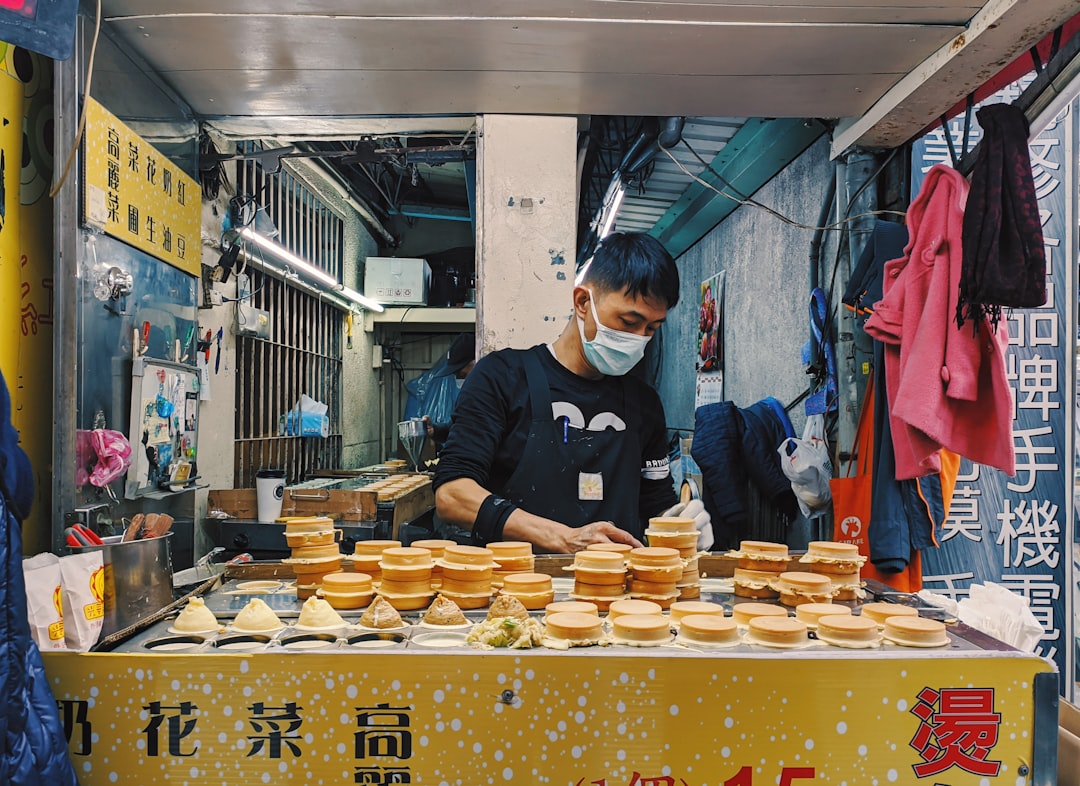What is it about?
The study reported an international questionnaire survey conducted as a collaborative work from the International Society of Nephrology (ISN) Global Kidney Health Atlas Team and International Society of Renal Nutrition and Metabolism (ISRNM), aiming to evaluate global kidney nutrition care services. Angela Yee-Moon Wang, MD, PhD (Queen Mary Hospital, The University of Hong Kong) and her colleagues examined 3 aspects of global kidney nutrition care: 1 ) current global availability, accessibility and capacity of kidney nutrition care services, 2) cost of kidney nutrition care services; and 3) communication between dietitians and nephrologists in the delivery of kidney nutrition care. The survey was administered electronically to key kidney care stakeholders (nephrology leaders, policymakers, and consumer organization representatives) in 182 ISN-affiliated countries. Overall, 160 of 182 countries (88%) responded, of which 155 countries (97%) answered the survey items related to kidney nutrition care.
Featured Image

Photo by Anna Pelzer on Unsplash
Why is it important?
The survey revealed significant heterogeneity and gaps in global kidney nutrition care service capacity and availability. Only 48% of the 155 countries surveyed have dietitians/renal dietitians to provide this specialized service. In low income and lower-middle income countries, only 9% and 20% of the countries surveyed have dietitians/renal dietitians to provide this specialized service in contrast to 54% of upper-middle income countries and 77% of high income countries. Dietary counselling by a person trained in nutrition was generally not available in 65% of low-/lower middle-income countries and never available in 23% of low-income countries. In low income countries, non-nephrologist physicians accounted for 25% of the personnel involved in giving dietary counselling. There are also significant gaps in kidney nutrition assessment services worldwide. Overall, only half of the countries surveyed provided formal assessment of nutrition status for patients with CKD. Even simple clinical tool such as body weight monitoring may not be available in 36% of low income and 23% of lower-middle income countries. Measurement of serum albumin was not available in 32% of low-income countries. Oral nutrition supplement was mostly not free of charge in majority of the low income and lower-middle income countries. The survey also observed important gaps in interdisciplinary communications in relation to kidney nutrition care delivery worldwide. Overall, only 8% of the countries reported formal communications ‘always’ between dietitians and nephrologists regarding dietary prescriptions to patients with CKD and this communication occurred only ‘sometimes’ in 60% of the countries.
Perspectives
The findings raise the need for a global advocacy to improve kidney nutrition care worldwide and to promote governmental prioritization and allocation of resources and manpower for this essential component in kidney care worldwide, especially in lower income countries. Education and training programs with certification and credentialing are required to equip health professionals across disciplines with the required skills and knowledge before they contribute to kidney nutrition care delivery in the face of shortages or lack of renal dietitians in resource constrained countries. In the long run, the definitive solution is to have government prioritizing funding resources to support qualified dietitians with specialization in kidney nutrition to implement nutrition intervention across the entire spectrum of CKD. The findings also call for more interdisciplinary communication between nephrologists and dietitians to facilitate global kidney nutrition care delivery.
Angela Yee-Moon Wang
Queen Mary Hospital, The University of Hong Kong
Read the Original
This page is a summary of: Assessing Global Kidney Nutrition Care, Clinical Journal of the American Society of Nephrology, January 2022, American Society of Nephrology,
DOI: 10.2215/cjn.07800621.
You can read the full text:
Contributors
The following have contributed to this page










